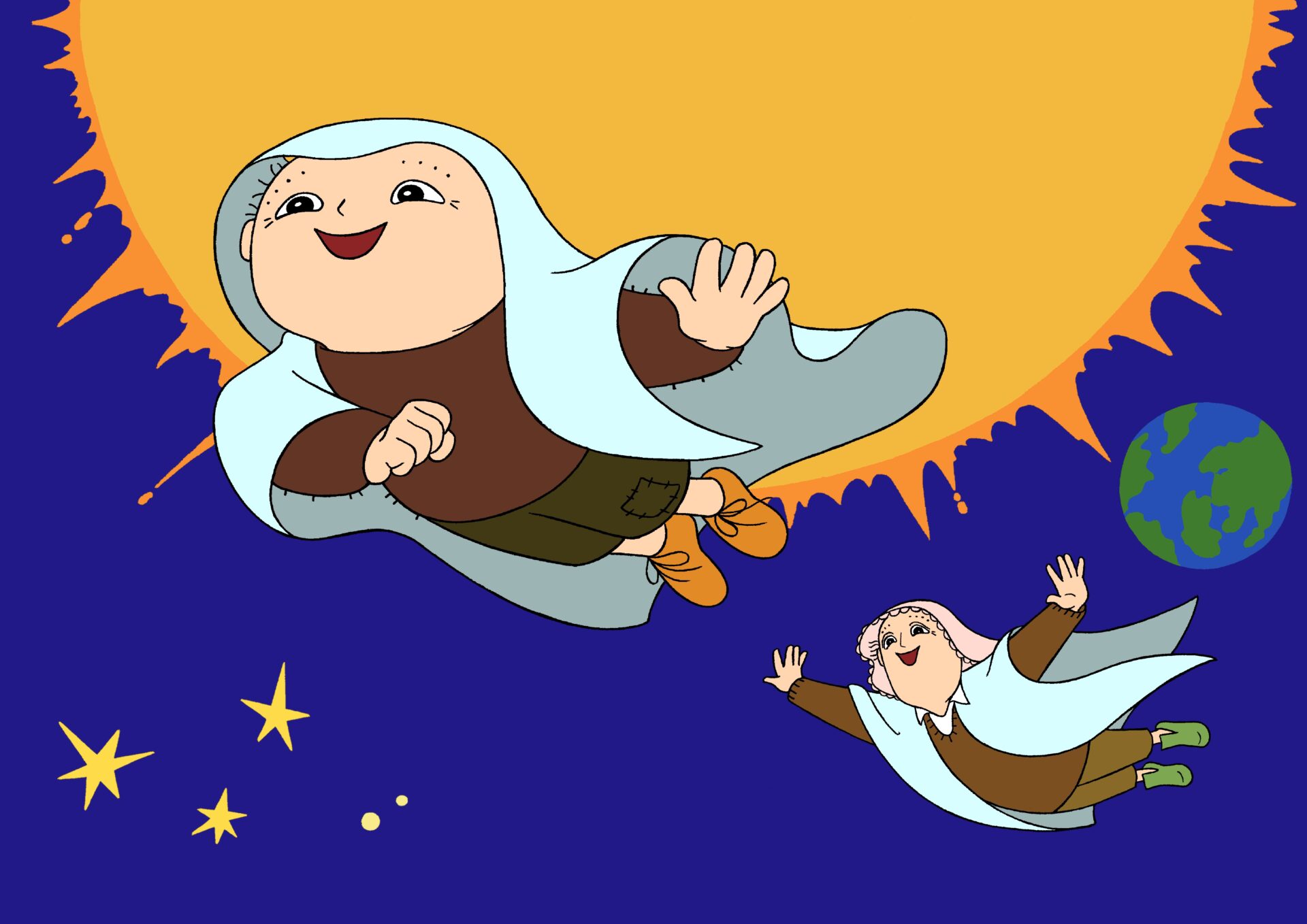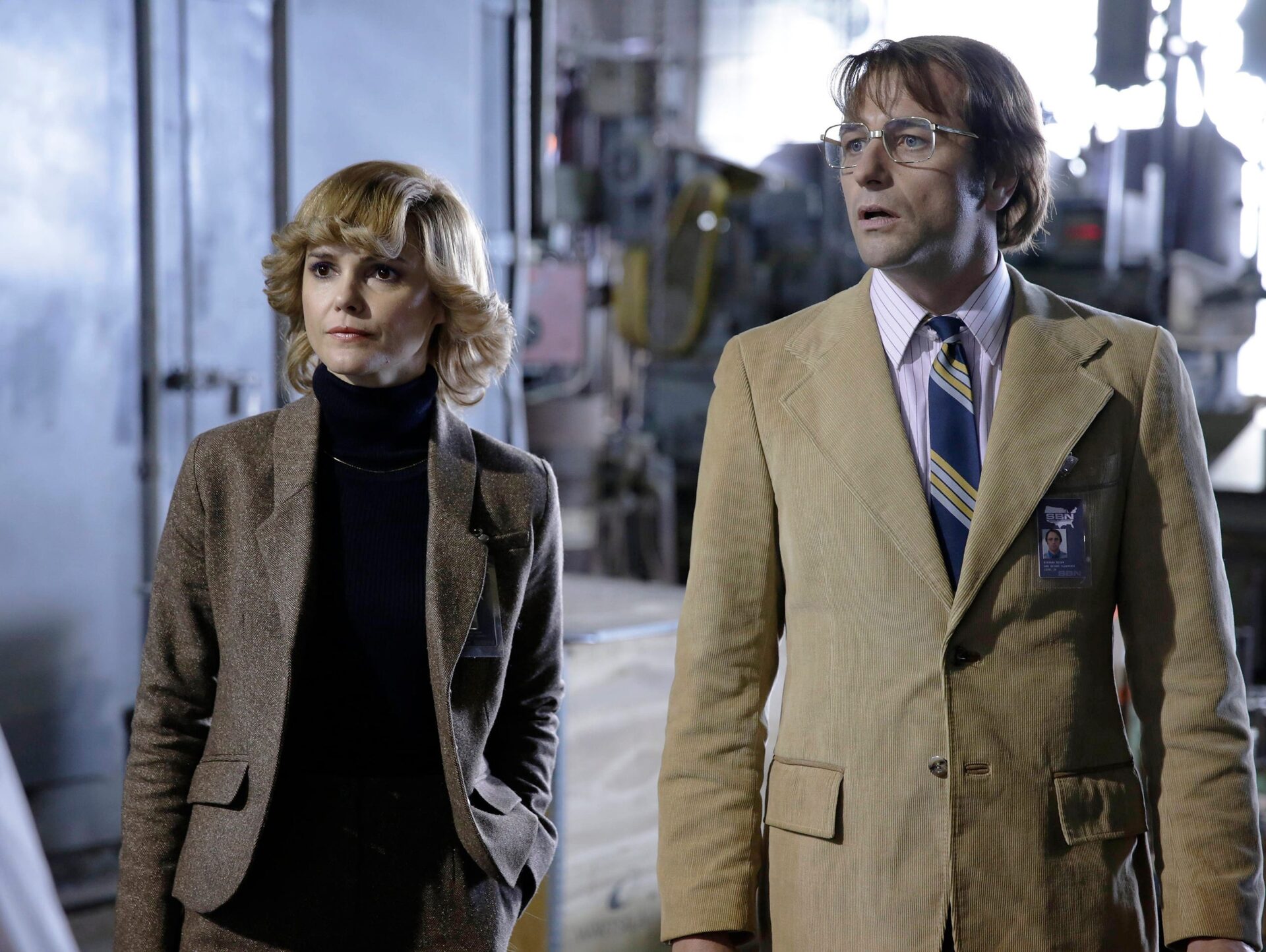Tag: writing
-
Gerald Murnane on not succeeding at meditation
•
2 min read
While I was still a young man, it became fashionable among some of my contemporaries to practice what they called meditation and to read books about a variety of subjects that might have been called collectively Eastern spirituality. I could never have brought myself to read any of that sort of book, but I was…
-
The media frenzy in the lead-up to the announcement of the Nobel Prize in Literature each year, with groundless speculation on likely winners accompanied by breathless reporting of bookies’ odds, unconsciously skewers the practices of the “literary elite”: a fictional apparatus that only serves the purposes of those who do not read or write. The…
-
“Enter the Dreamnation!”
-
Who are we to burden ourselves with such unrealistic expectations?
-
What do you call writing that’s neither fact nor fiction, and over in a flash? Flash faction, of course! Ehm, well … whatever the terminology (microfiction, sudden fiction, prose poetry), it’s a genre or set of genres I’ve tinkered with on and off over the years. My 2005 Imaginary Cities: PC Bangs project was essentially 40-odd…
-
It seemed that the show’s producers had spent more on wigs than they had on the script.
-
“And Zen nothing turned itself inside out . . . ”

![[d/dn]](https://i0.wp.com/daveydreamnation.com/wp-content/uploads/2024/09/oie_l521ir34eJuC.png?fit=136%2C116&ssl=1)




